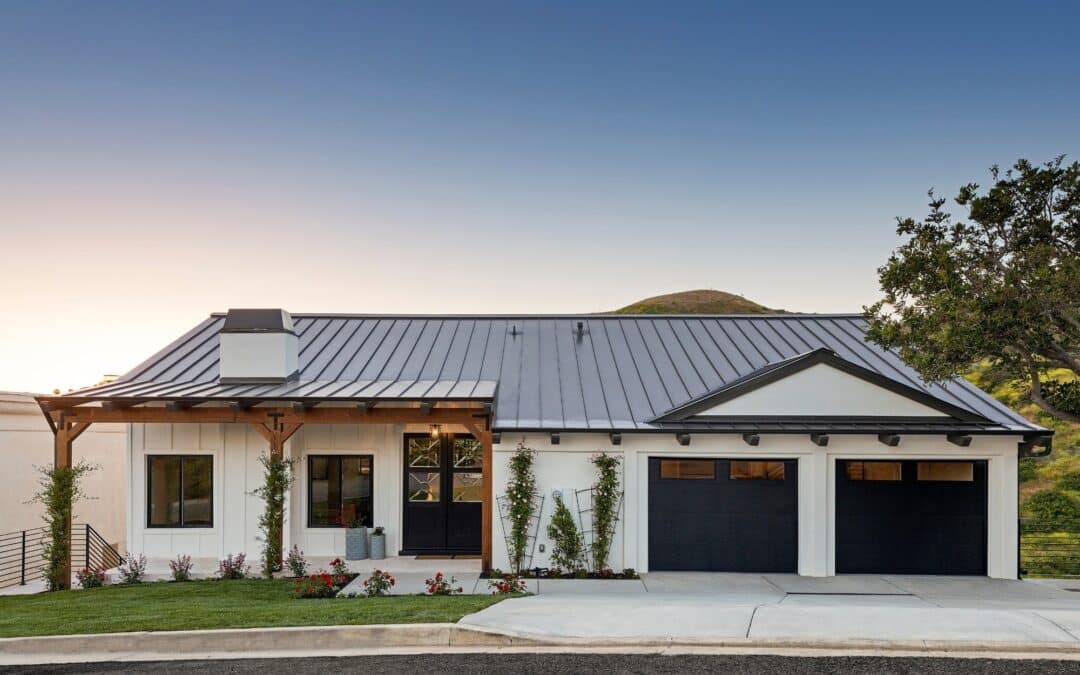by Marketing | Nov 28, 2025 | Blog, Buyers, Homeowners, Homes, Villas and Condos, Mortgages, New Construction, News, Property for Sale in Orlando, Property Management, Real Estate News, Renters, Retirement / 55+, Sellers, Uncategorized
Moving to Florida from Another State: What You Need to Know Relocating to Florida has become one of the most popular lifestyle moves in the country, and for good reason. Start Your Search Relocating to Florida has become one of the most popular lifestyle moves in the...
by Marketing | Nov 11, 2025 | Blog, Buyers, News, Property for Sale in Orlando, Property Management, Real Estate Components, Retirement / 55+
Discover Your Dream Second Home in Central Florida Buying a Second Home: What You Need to Know Buying a second home in Florida is one of the smartest lifestyle and financial decisions you can make, but it’s also one that deserves careful planning. Whether you’re...
by Marketing | Nov 11, 2025 | Blog, Buyers, Retirement / 55+, Uncategorized
Discover Your Dream Life in Florida Relocate to Florida: A Sunshine State of Mind Relocating to Florida means embracing sunshine, diversity, and a lifestyle that blends leisure with opportunity. Whether you’re moving for work, retirement, or a fresh start, knowing...
by Marketing | Jul 3, 2025 | Blog, Buyers, News, Property for Sale in Orlando, Property Management, Renters, Retirement / 55+, Sellers
Explore Central Florida's Real Estate Opportunities Featured Central Florida Cities for Real Estate Investing in 2025 Start your property search Central Florida continues to attract real estate investors with its strong population growth, booming job market, and...

by Marketing | May 29, 2025 | Blog, Buyers, Homeowners, New Construction, News, Renters, Retirement / 55+, Sellers
Start your Home Buying journey with the right foot: New Construction vs. Resale Homes in 2025: Which One Is Right for You? As the real estate market evolves in 2025, one of the most common decisions homebuyers face is whether to purchase a new construction home or a...
by Marketing | May 22, 2025 | Blog, Retirement / 55+
Discover Your Ideal Retirement Haven What’s the Difference Between a 55+ Community and an All- Ages Neighborhood? For retirees or soon-to-be retirees planning a move to Central Florida, choosing between a 55+ retirement community and a traditional all-ages...


